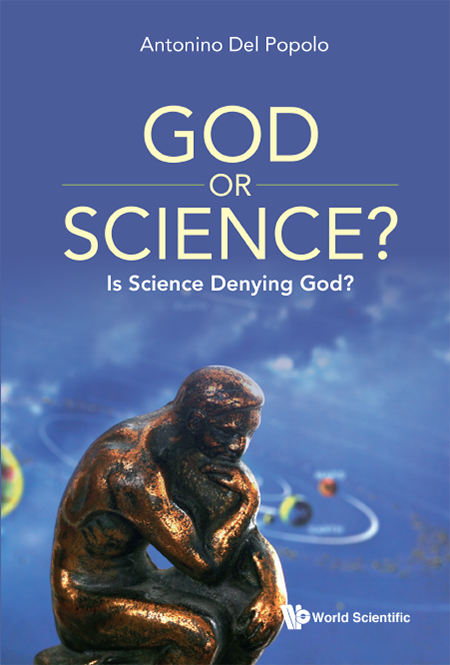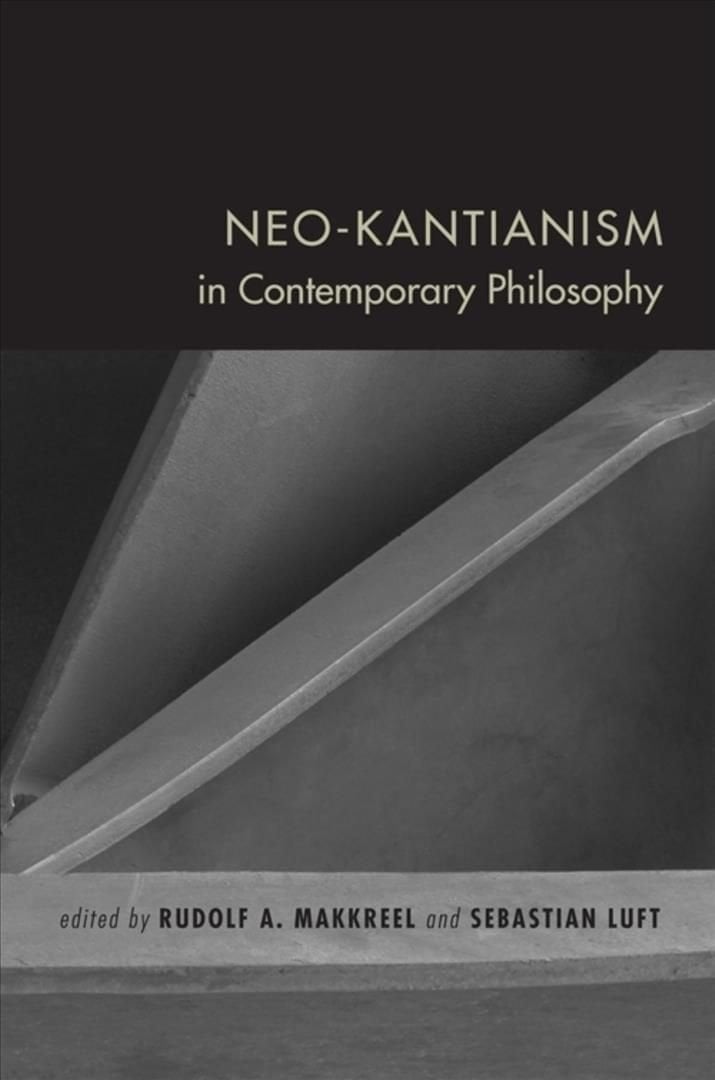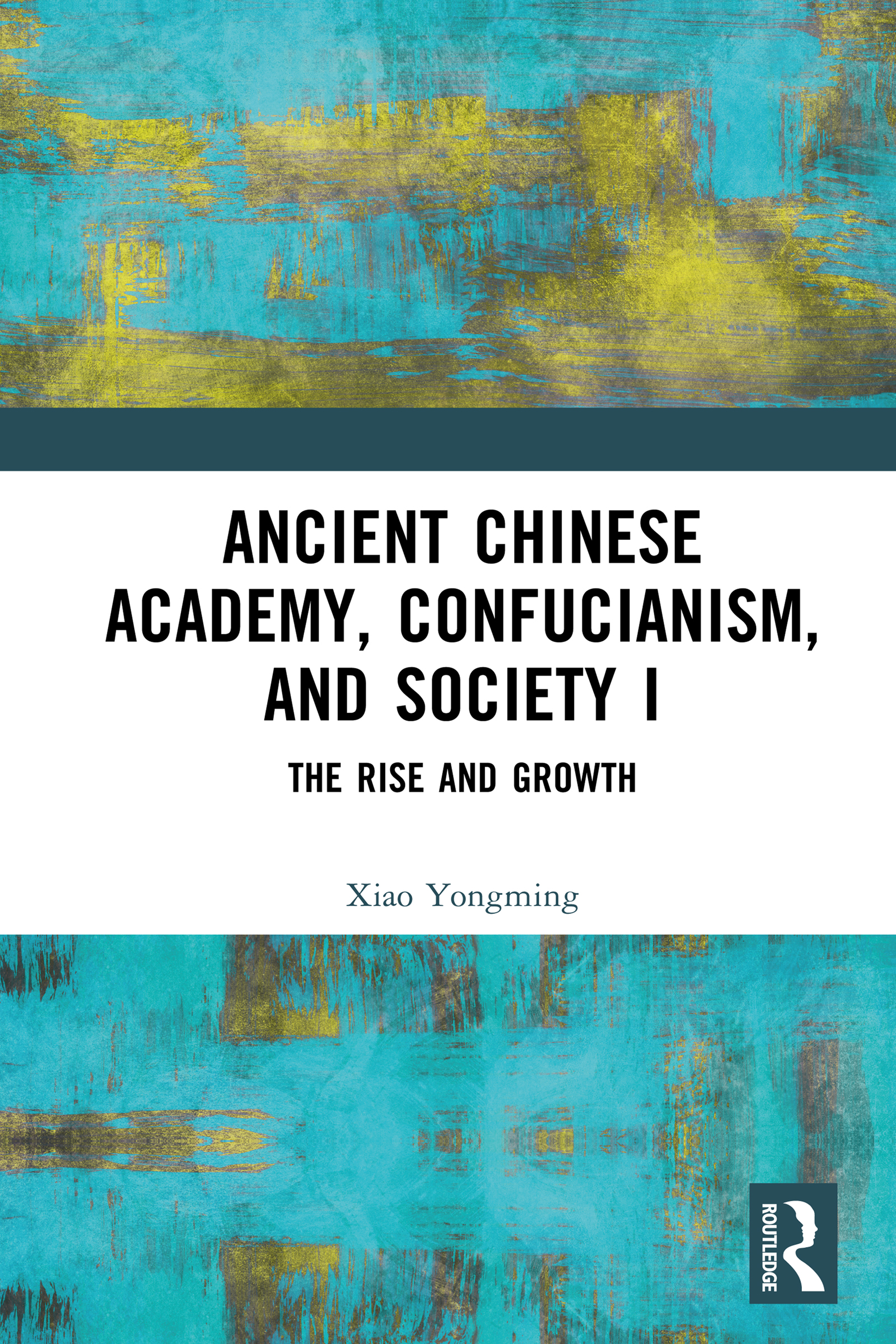Does science deny God? Did the Universe and life appear by chance or is there evidence of a bigger scheme of thing behind them? In this context, I am concerned with answering these questions. This problem is addressed using knowledge in cosmology, physics and biology. The initial part describes the stages of the ‘Genesis’ according to physical cosmology from the Big Bang to the appearance of life on Earth. It will touch on problems of why the universe is dominated by matter, the theory of inflation, the limits of our knowledge on the early Universe, the lack of a theory that can allow us to study the phases immediately after the Big Bang, the relation between the concepts of quantum mechanics and the existence of God. It shows how the Universe is finely regulated, that is, the physical constants have been chosen so that life appears in the Universe. The regulation is so strong that we are forced to think the existence of a great designer who has created a particular Universe like the one we are observing. This conclusion can be avoided only if there is an infinity of universes, a multiverse. We ask ourselves if science can create the Universe from nothing and using the same arguments of cosmologists such as Krauss (author of The Universe from Nothing). It is now known that the current science does not allow the creation of a Universe from absolutely nothing. Physics and cosmology do not deny God. Indeed, the argument of the fine adjustment of constants is strongly indicative of the existence of a great designer. Other evidence confirming this comes from biology. Thousands of experiments in recent decades highlight the impossibility of generating life in the laboratory. There is an intrinsic order in life encoded in DNA that is not present in experiments. Simple calculations show that the ‘blind and aimless’ evolution described by neo-Darwinists such as Dawkins does not allow the generation of life.












